This is the Forward’s coverage of books and literature, including both non-fictional and fictional works.
Books
The Latest
-
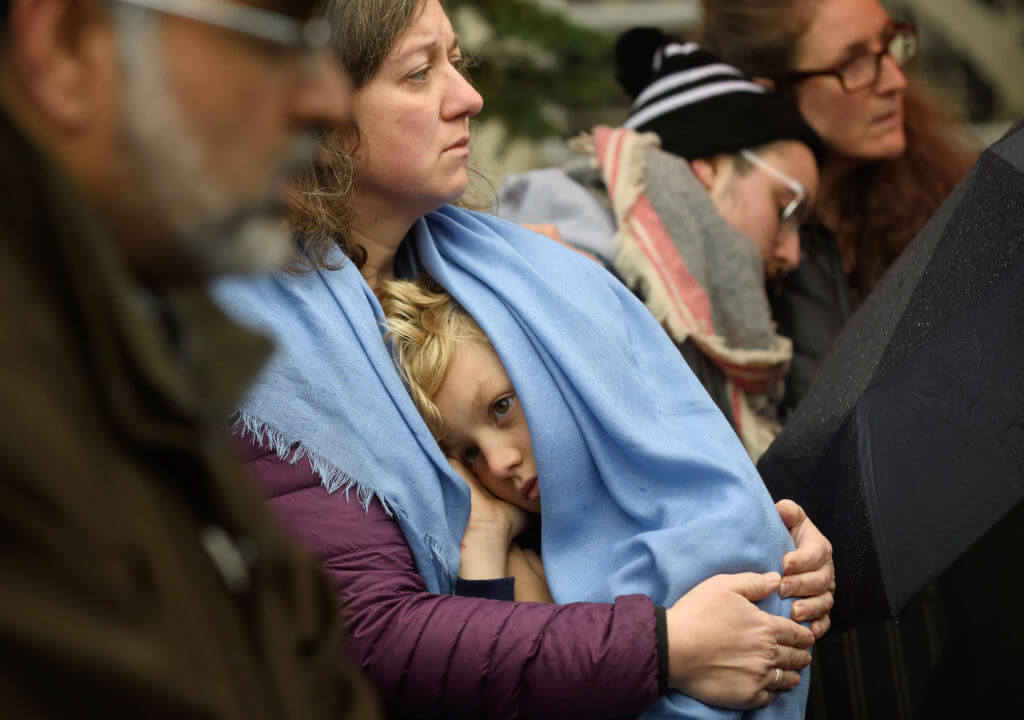
News What one Jewish reporter learned about forgiveness from two hate crimes in two sanctuaries
In his new book, journalist Kevin Sack examines how Charleston’s Mother Emanuel church and Pittsburgh’s Tree of Life synagogue became linked by violence — and grace
-
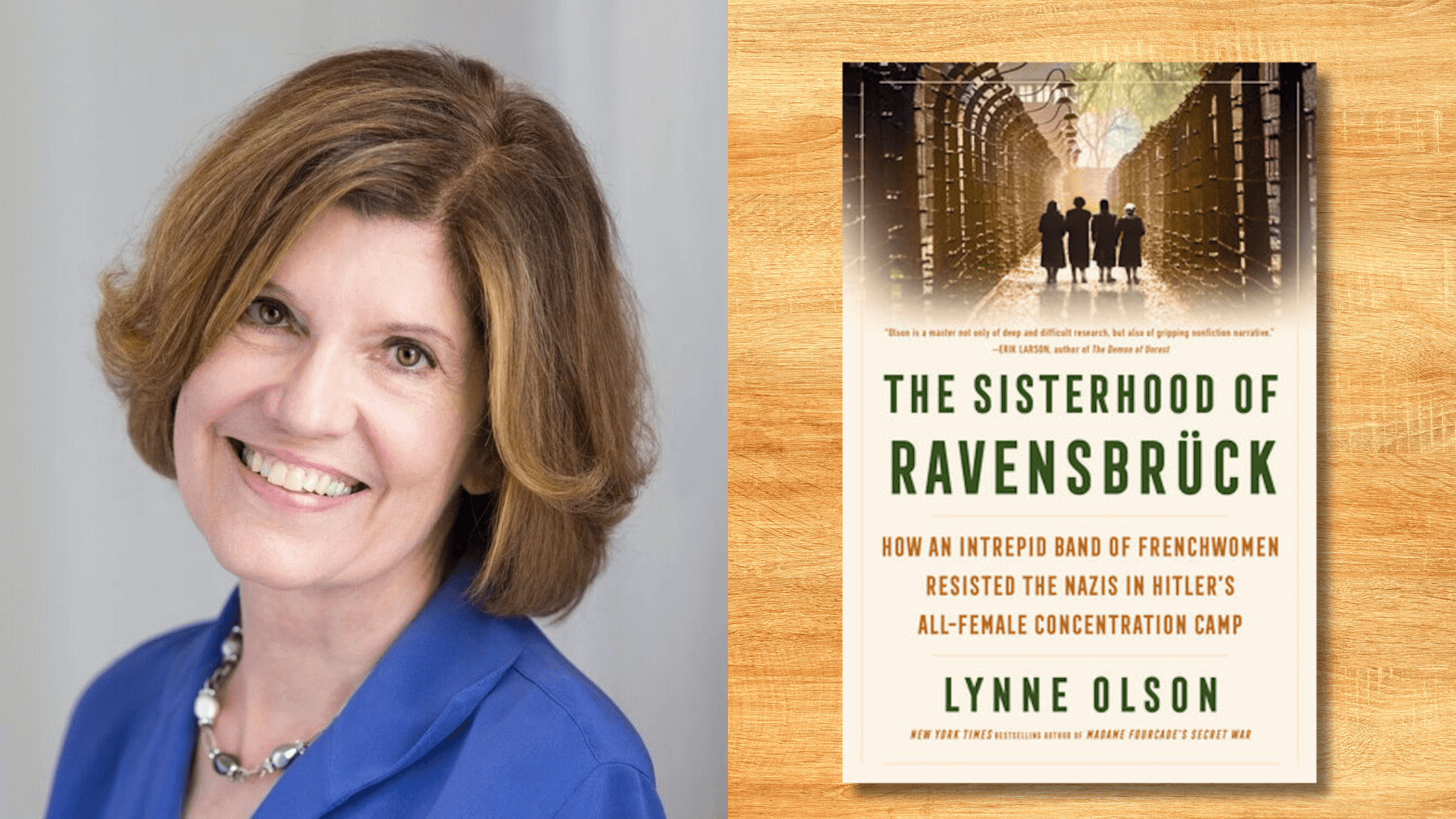
Books In WWII’s only all-female concentration camp, community was the key to survival
Lynne Olson’s book ‘The Sisterhood of Ravensbrück’ reveals the unsung stories of female French resistance fighters
-
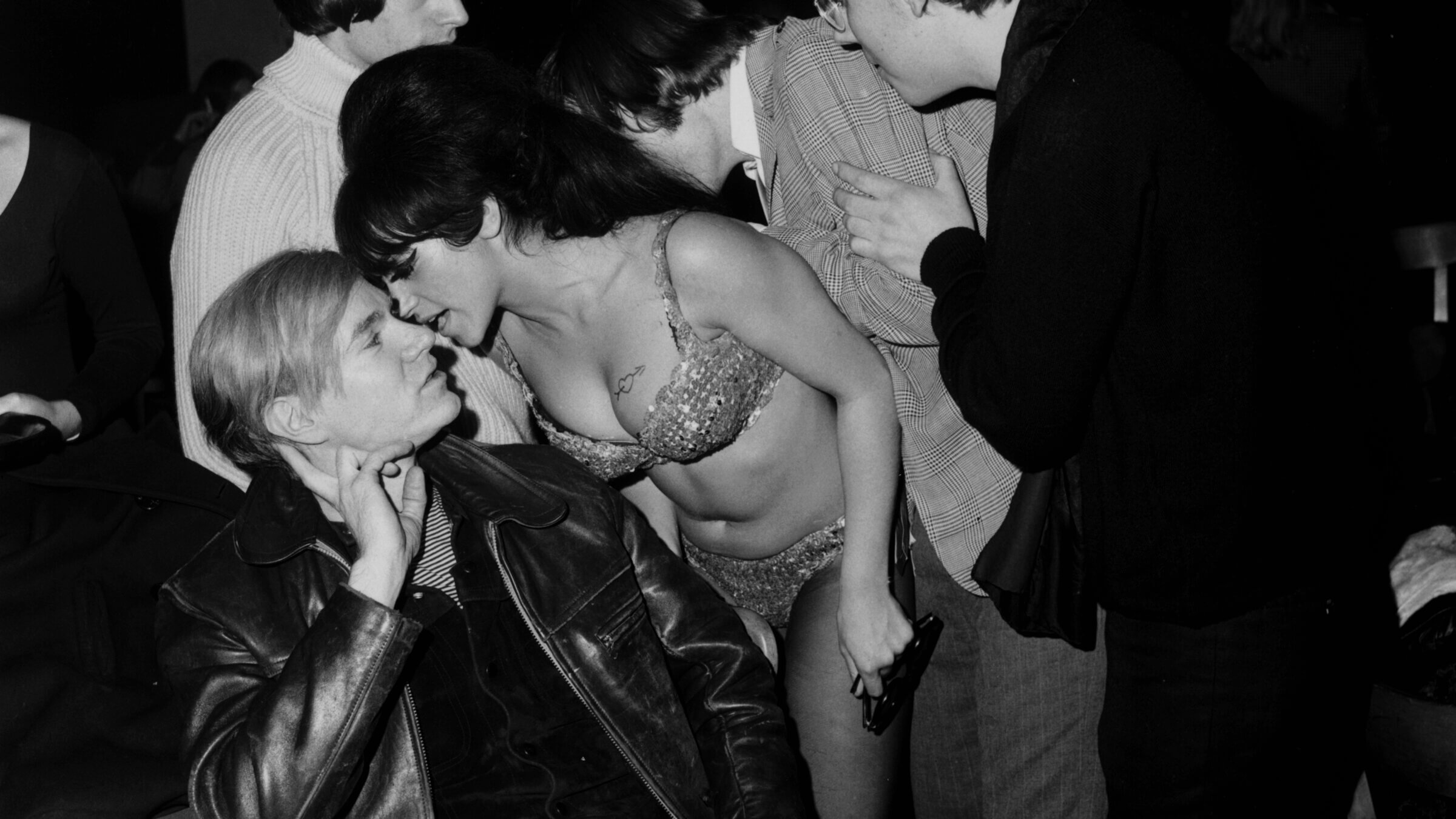
Art In 1960’s New York, the past was a foreign country — they sure did things differently there
A cornucopia of Jewish artists populate the pages of 'Everything Is Now,' J. Hoberman's massive survey of New York's avant-garde
-

Fast Forward Novel set in a war-torn Ukraine wins Sami Rohr prize for Jewish literature
“Your Presence Is Mandatory” by Sasha Vasilyuk is based on a family secret harbored by the author’s grandfather
-

Culture Those new Isabel Allende and Percival Everett novels are fake, but the scandal surrounding them is real
An AI-generated list of summer book titles is the sort of thing Talmudic sages warned against
-
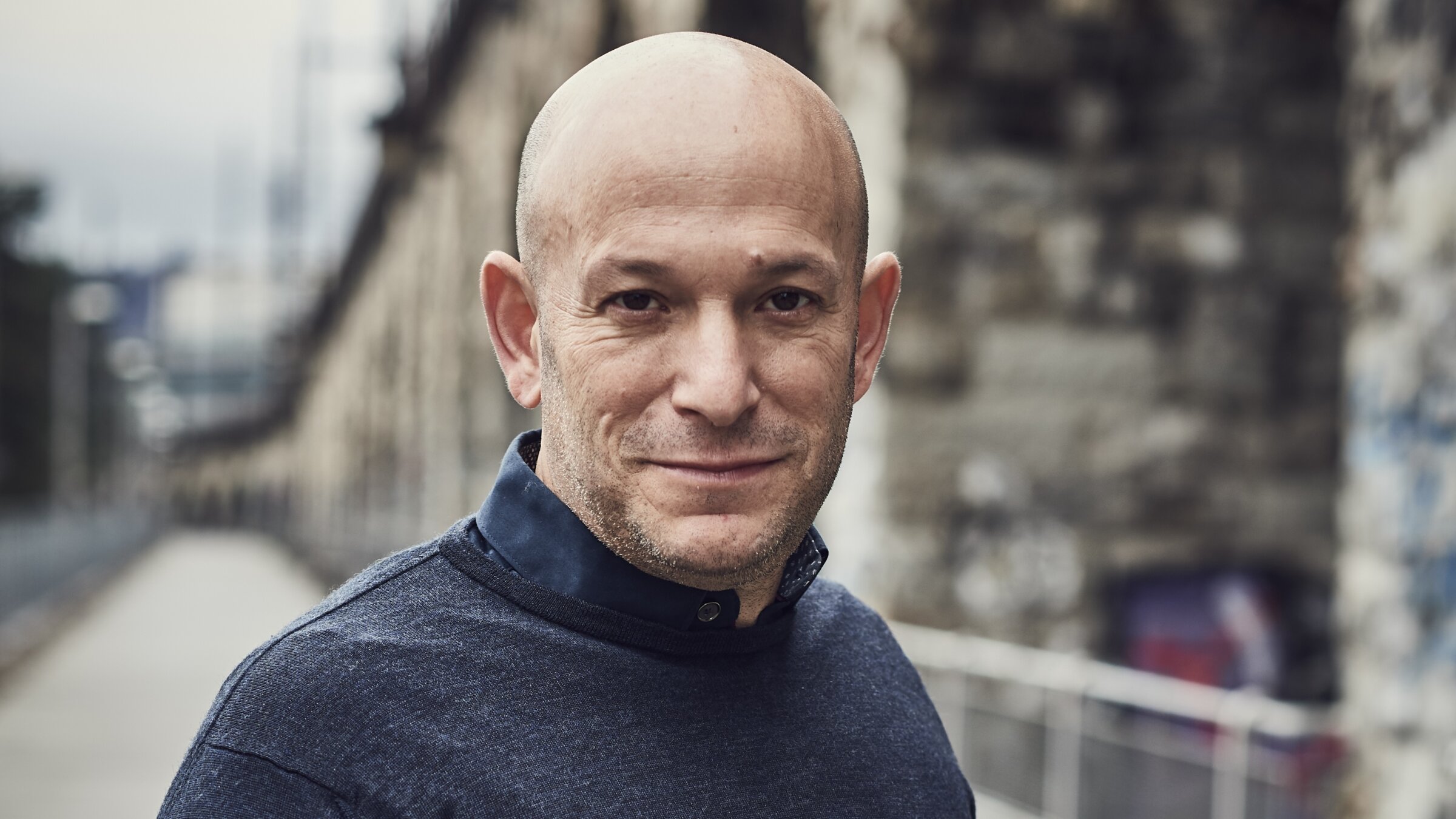
Culture A great Israeli author’s searing reflection on Oct. 7 would be a must-read — if you could find it in English
In 'The Ground Floor,' acclaimed detective novelist Dror Mishani turns to nonfiction to bear witness to catastrophe
-
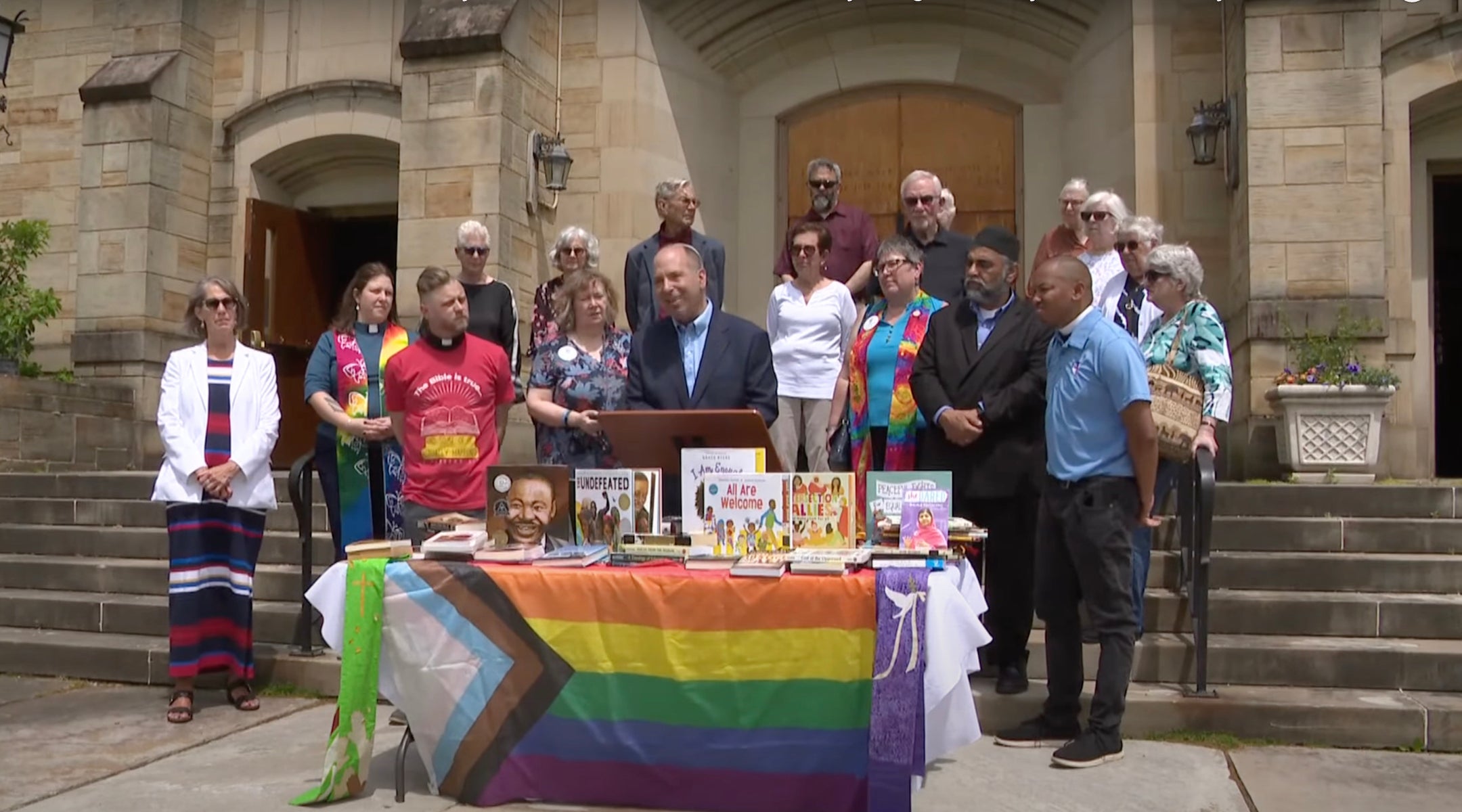
Fast Forward Man burns library books on Jewish history, including Anne Frank’s diary, in Jewish suburb of Cleveland
A watchdog in New Jersey alerted officials in Beachwood, Ohio, about the incident when they saw it on social media
-
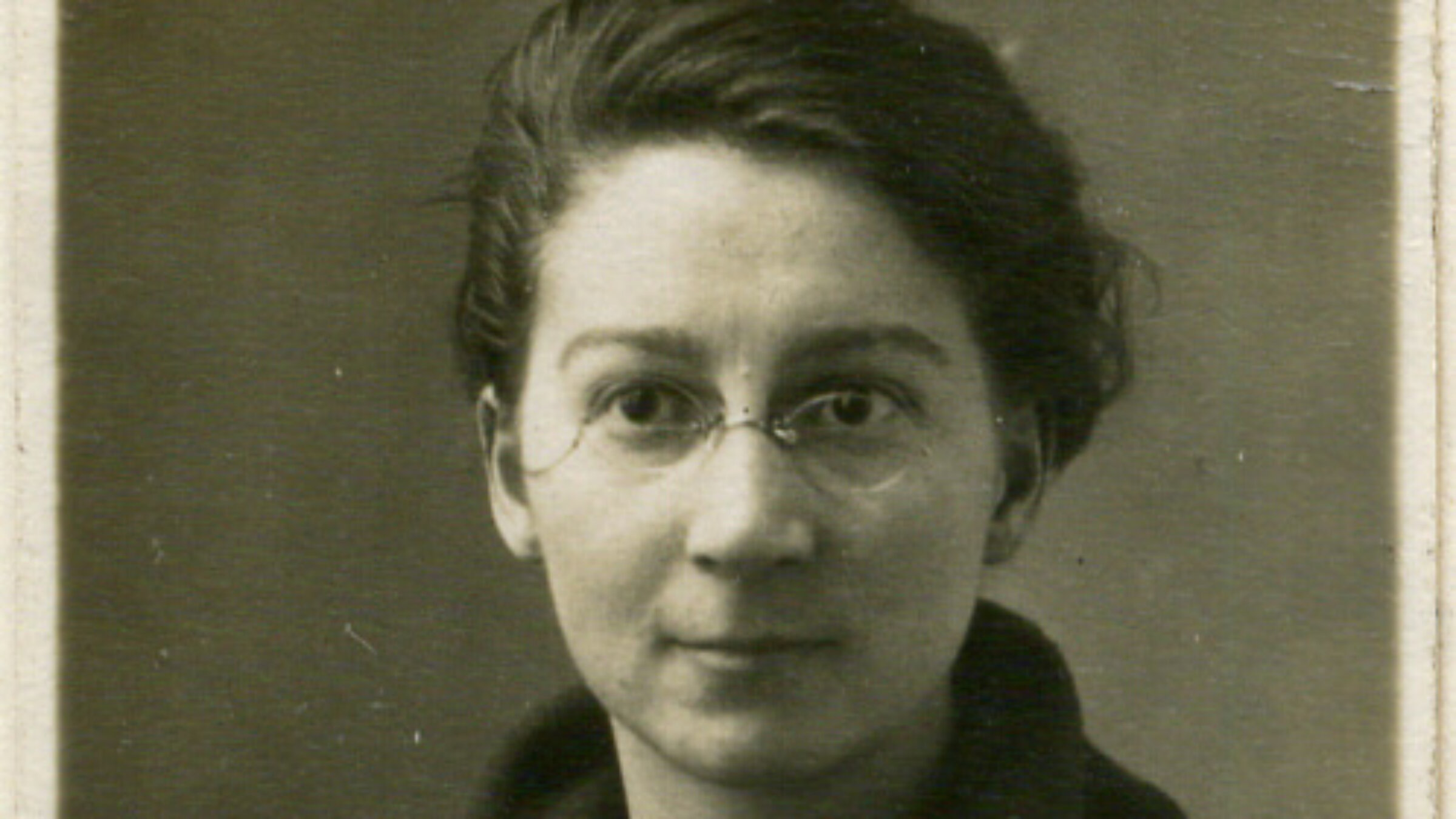
Culture The woman who saved stolen Jewish art — and the writer who is finally telling her story
The hero of Michelle Young's 'The Art Spy' is Rose Valland — a quiet, relentless French art historian who risked everything to save Jewish-owned art from the Nazis
Most Popular
- 1

News No Jews allowed: White supremacists are building a segregated community in Arkansas, but is it legal?
- 2

News Zohran Mamdani has represented Astoria’s Jews for 4 years. What do they think of him?
- 3

News Curtis Sliwa has a plan to beat Zohran Mamdani in NYC mayor’s race — and it starts with apologizing to Jews
- 4

Culture Barbra Streisand’s brand-new duet with Bob Dylan is a whole lot different than you might think
In Case You Missed It
-

Opinion Right-wing insurrectionists tried to topple the German government in 1920 — it’s happening again in Trump’s America
-

Theater Can a kinky new Yiddish musical resurrect a lost art — and one man who got spanked to death?
-

Fast Forward Josh Shapiro’s Judaism was not why Kamala Harris snubbed him, new book claims
-

Yiddish דאָקטוירים פֿון אַן אַנדער שניטDoctors of a different sort
די ווילנער דאָקטוירים יעקבֿ וויגאָדסקי און צמח שאַבאַד זענען אויך געווען געזעלשאַפֿטלעכע טוער.
-
Shop the Forward Store
100% of profits support our journalism







